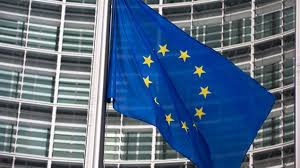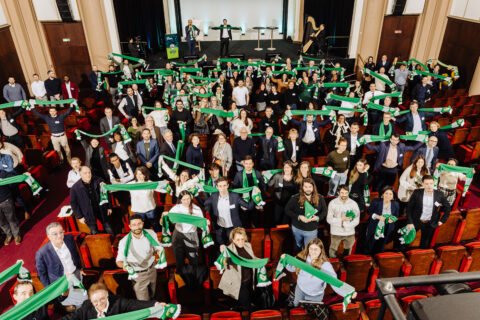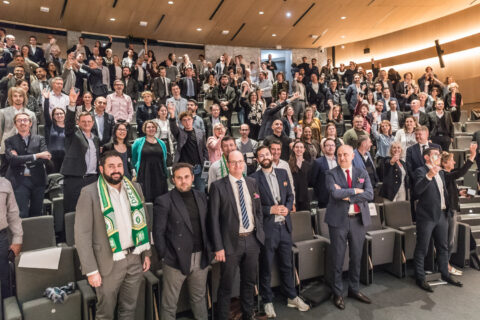
The results of the inaugural edition of the energy-saving competition between commercial buildings
On 18 March CUBE 2020 honoured buildings in communities such as those of the metropolitan area of Bordeaux or the buildings of the Ministry of National Education, Higher Education and
Implementing energy savings in the public buildings property portfolio is a priority that combines on the one hand the obligation to set an example in terms of integrating sustainable development in the operation of its services, and on the other hand a specific contribution to national energy efficiency objectives.
But how is it possible to make progress under a tight budget? The energy performance contracts and renovation work alone cannot cater to the entire national property portfolio, much of which is also classified. The overall patrimonial logic, which should favour energy savings, occurs in long cycles, just like the private property portfolio.
However, there are ways to achieve the initial energy saving of 10 to 25% which also encourage employees to act. Overall, the results demonstrate that in order to reduce these bills by the first few percent, it is sufficient to change the habits of the occupants and to supervise building services more efficiently. The competition method has helped catalyse teamwork within companies, making objectives visible and mobilising each person within their area of responsibility.
As a result, IFPEB has already opened registration for the second edition of the competition at www.cube2020.fr. It will start on 1 July and bring together more participants.
Conseil Immobilier de l'État, through its President, Jean-Louis DUMONT, has sponsored the second edition having "identified an axis that facilitates the concrete implementation of the Grenelle Environment Forum".
Testimony of Nathalie TIMORES of the Sub-Directorate of Central Administration Logistics at the General Secretariat of National Education, Higher Education and Research.
The CUBE 2020 initiative was presented internally as an experiment in 2014. Without investment, CUBE
In 2013, the reduction of energy consumption reached a plateau and heavy work on buildings undertaken in recent years, the configuration of installations and the various communication campaigns only led to significant increases in consumption. In order to measure changes in energy consumption, reference data must first be established. The behavioural aspect of the occupants is often overestimated as a potential source of savings. In fact, the reference data on energy consumption must be established in time and integrate several parameters related to buildings, installations, use and types of occupancy.
Data from the CUBE 2020 initiative could be used as data for the model State Plan and lay the groundwork for an evaluation. By contributing to the viability of the energy "indicator" of the model State Plan, this experiment could be extended to academic departments and to institutions that wish them in 2015.
Community: Testimony of Julien Cottin, manager of the Energy and Environmental Studies Centre of the metropolitan area of Bordeaux.
Prior to our registration of four buildings in the CUBE 2020 competition, we had prioritised major works on our buildings, such as thermal renovation operations or improving energy efficiency. Our participation afforded us an opportunity to look at the uses of buildings and to adopt a new mindset.
|
Why would you recommend CUBE 2020? |
"We have reduced our electricity bills, as well as those for gas and water. "
We have activated the levers sanctioned by the competition. We have therefore improved our technical facilities by adding or renewing regulatory fittings (thermostatic valves, temperature sensors, timers, etc.). In order to be effective, these measures have required a long fine-tuning process. We have also used posters to raise the awareness of the users of our buildings to eco-friendly practices.
We are very satisfied with the end result and the energy savings achieved. Although it is difficult to measure the share of the savings related to changes in behaviour and those related to technical improvements, we are very proud of the commitment and motivation shown by our teams. We are going to extend the communication campaign to all our sites and continue the optimisation of our facilities, programming and regulation.






